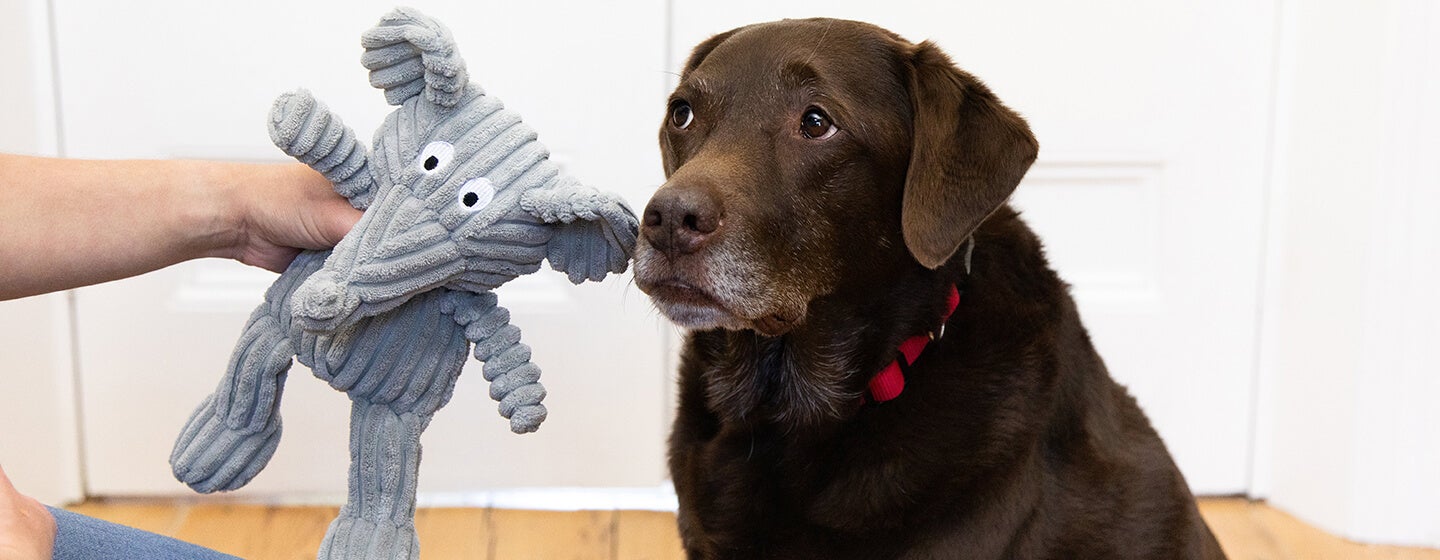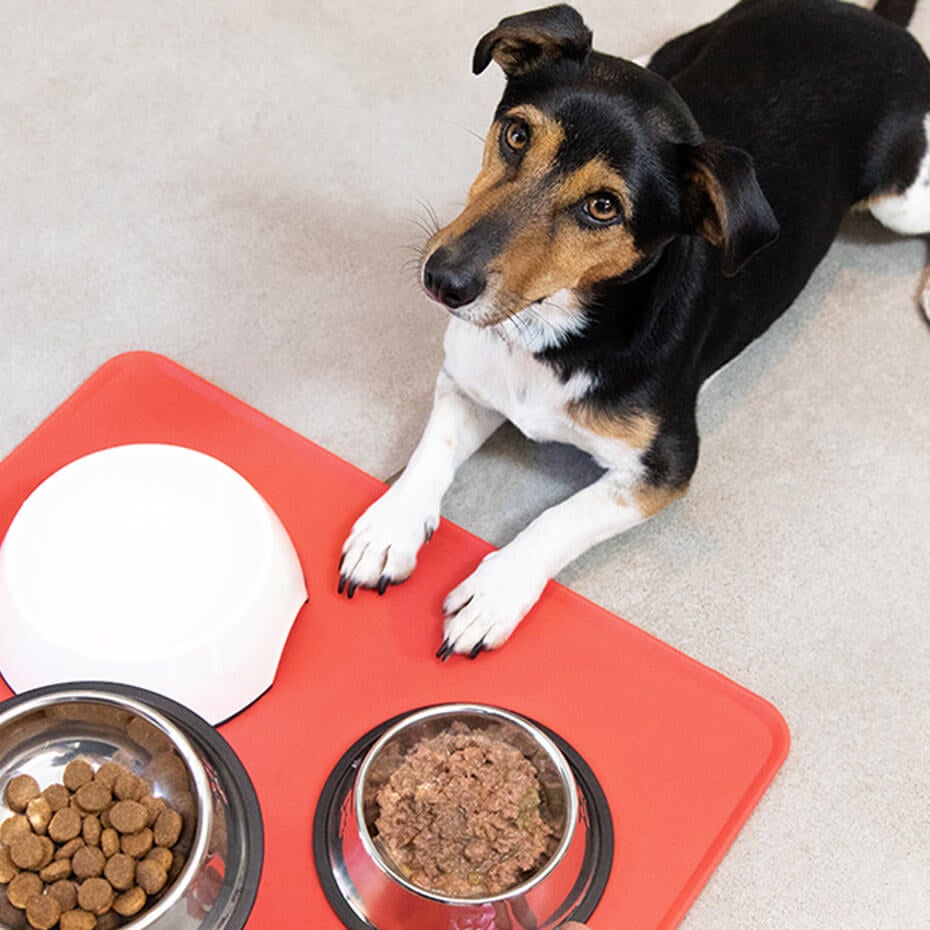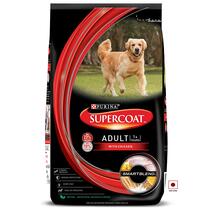
Arthritis in dogs is the biggest cause of chronic pain, particularly in older pets. With early diagnosis and appropriate management, your pet can continue to lead a happy life.
Arthritis in dogs is an extremely common condition and the main cause of chronic pain in dogs. According to Canine Arthritis Management, Osteoarthritis affects an estimated four out of five older dogs, and sadly it’s progressive – meaning that it cannot be cured and gradually worsens. However, there are plenty of management options available to help slow the disease progression and alleviate the symptoms. Many dogs continue to live a happy and otherwise healthy life after diagnosis.
If you suspect your senior dog has arthritis, you’ll probably be wondering about the symptoms and the current dog arthritis treatment and management options available. To help, we’ve created this guide to tell you everything you need to know about arthritis in dogs.
What is arthritis in dogs?
There are different types of arthritis in dogs, but usually we are referring to Osteoarthritis (OA). In a healthy joint, the bone surfaces are covered in a thin layer of smooth cartilage with a small amount of joint fluid to lubricate them – this allows them to glide over each other without friction so your dog can move freely.
In a joint affected with OA, there is degeneration of the cartilage and underlying bone, leading to joint instability and pain. The process is a cycle, with these structural changes causing further inflammation and degeneration. This can also cause bone remodelling where there is new bone growth further affecting joint movement as well as weakening of the soft tissue structures around the joint – the muscles, tendons and ligaments.
Potential causes of arthritis in dogs
Arthritis in dogs’ legs or other joints (such as within the neck) is associated with ageing, and is most commonly seen in older pets. There are other risk factors that predispose a dog to developing arthritis.
Any cause of abnormal loading of weight on the joints can increase degeneration of the cartilage. These include joint abnormalities such as hip dysplasia, incorrect joint development from under or over exercise as a puppy, or an injury that affects the joint such as ligament damage and fractures.
There are also certain breeds which can be genetically predisposed to arthritis including Labradors, Springer Spaniels, German Shepherds, Bernese Mountain Dogs, Rottweilers and Golden Retrievers. It’s worth nothing that while these breeds are more predisposed to it, arthritis can affect any dog breed as they age.
Symptoms of arthritis in dogs
Arthritis in dogs, is associated with a range of symptoms, including:
- Stiffness which will generally be worse after exercise or after waking up.
- Lameness or limping.
- Lethargy and unwillingness to exercise.
- Reluctance to jump or climb stairs.
- Change in gait, taking shorter paces.
- Losing muscle and muscle tone.
- Licking or chewing painful areas.
- Groaning when lying down or getting up.
- Difficulty with toileting positions, e.g. a male cocking his leg.
If your dog displays any of symptoms listed above, take them to the vet for a check-up. Early diagnosis and good quality arthritis management can help keep your pet more comfortable.
Dog arthritis diagnosis
At a vet appointment, the vet will ask a range of questions to help understand what signs your pet is showing, and what impact this is having on their life. If your veterinarian suspects your dog has arthritis, they’ll perform a thorough health check. This will include an orthopaedic examination may involve flexing and extending your dog’s joints and watching them walk. This will give an initial indication of whether your pet is experiencing pain in certain joints, and helps to start ruling in or out other causes of joint disease. Your vet is likely to suggest further diagnostics such as X-rays to look for signs of joint disease.
Dog arthritis treatment
There is currently no cure for arthritis in dogs, but with life-long management and appropriate veterinary care, you can help keep your dog comfortable and happy. A vet will advise the most appropriate management plan for each individual.
Next, find out top tips to help you take care of your senior dog.

















